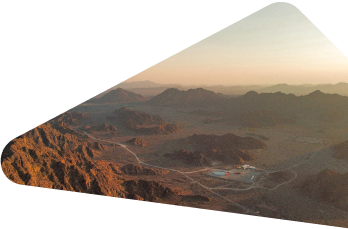The Impact of Hard Water on Hair and Skin: What You Need to Know.
When hard water is used for washing, the minerals can deposit on the hair and skin. On hair, these deposits can make strands feel rough, look dull, and become difficult to manage, often resulting in brittleness and breakage. For skin, the mineral residue can strip away natural oils, causing dryness, irritation, and exacerbating conditions like eczema.

Is Hard Water Bad For Your Hair?
Hard water can negatively affect your hair's health and appearance. The minerals in hard water build up over time, leaving residue that makes hair feel heavy, greasy, and dull, while also making it more prone to tangling and breakage. These minerals can reduce the effectiveness of shampoos and conditioners, leading to dryness and a lack of volume. Hard water also strips natural oils from your hair, leaving it brittle and more susceptible to damage. It can irritate the scalp, causing itching and dandruff, and lift the hair cuticle, resulting in frizz, especially for curly or textured hair.

How is hard Water Bad for your Skin?
Hard water can lead to dryness, irritation, and skin congestion. The minerals strip moisture from the skin, leaving it tight, flaky, and more prone to conditions like eczema or acne. It can also combine with oils and dirt, clogging pores and causing breakouts. By weakening the skin’s protective barrier, hard water increases sensitivity to irritants, leading to redness and irritation. Over time, the build-up of minerals can make skin look dull and uneven, making moisturizers less effective.
The effects of chlorine on skin and hair
Chlorine, commonly found in tap water and swimming pools, can negatively impact both skin and hair. While it helps purify water, chlorine strips natural oils, leaving hair dry, brittle, and prone to breakage. Blondes may even notice a greenish tint due to chlorine binding with hair proteins. On the skin, chlorine causes dryness, flakiness, and irritation, especially for those with sensitive skin or conditions like eczema. It can also weaken the skin's natural barrier, making it more vulnerable to environmental pollutants and irritants.
How Can You Stop Hard Water Damaging Your Hair and Skin?
The best solution to stopping hard water from harming your skin and hair is to install a water softener such as Cascadian water softener systems with PolyHalt® . PolyHalt® binds to minerals in hard water, softening it without salt and reducing chlorine and other harmful substances. This results in water that's gentler on your hair and skin, offering a more nourishing, damage-free experience. With Cascadian's system, you can enjoy water that's not only safe but also beneficial for your well-being.







